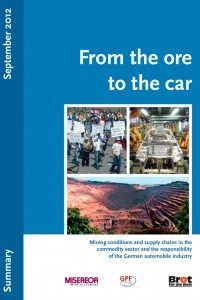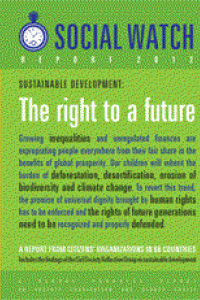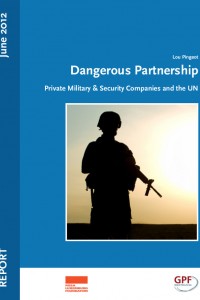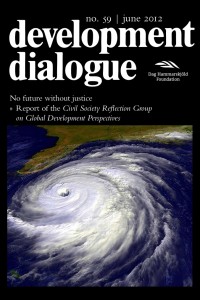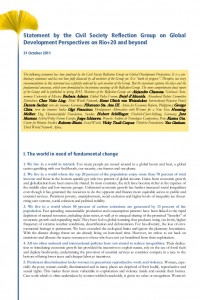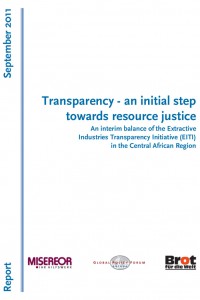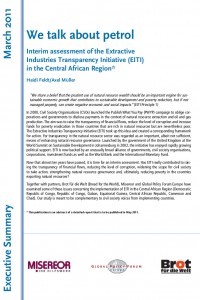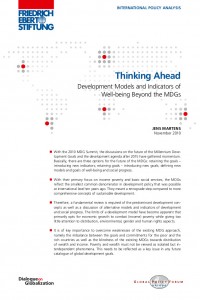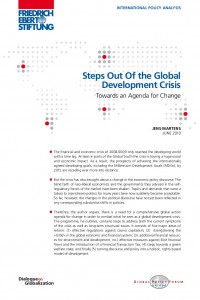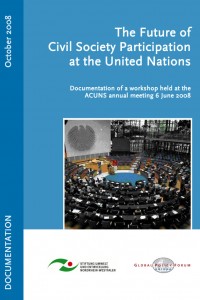Welcome to our publications section!
This is how it works:
You can just browse through our list of publications or filter by 'theme' or 'publication type'. If you would like to search for a specific term, please refer to the full-text search.
Please note:
Since GPF and our network is publishing in English as well as in German language, there might be further publications on your topic of interest available when changing the website language. You can do so by clicking on 'DE' on the top right of the page.

